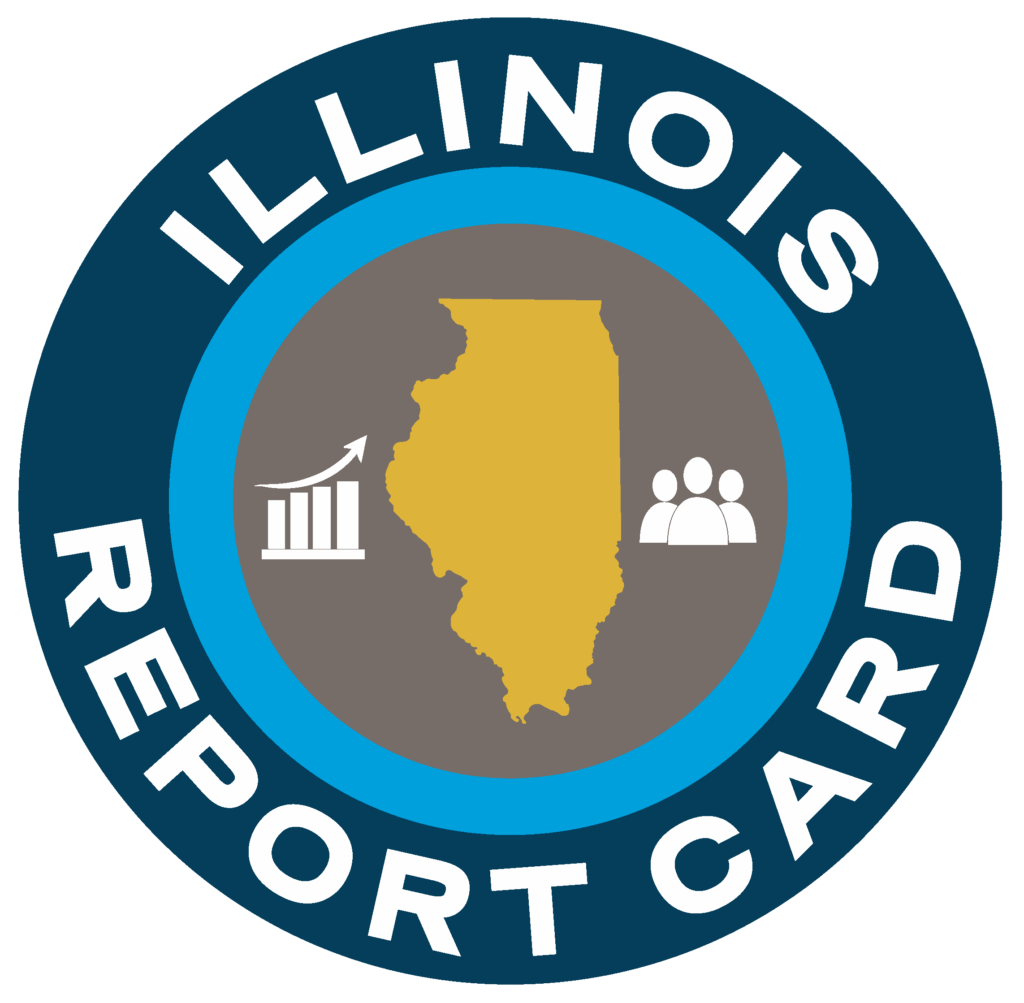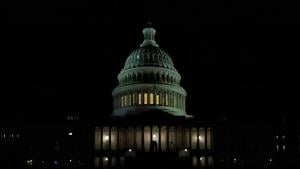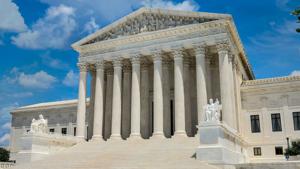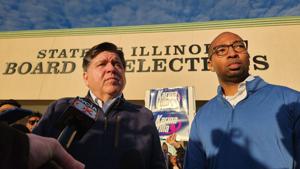SCOTUS considers IL congressman’s standing to challenge ballot counting law
(The Center Square) – The U.S. Supreme Court is considering whether an Illinois U.S. House candidate has standing to sue the state over counting federal election ballots beyond election day.
Illinois U.S. Rep. Mike Bost, R-Murphysboro, sued the state of Illinois in 2022 for counting mail-in ballots postmarked on election day up to two weeks after election day. Before addressing the merits of the case, lower courts found he didn’t have standing.
Representing Bost Wednesday in front of the U.S. Supreme Court, attorney Paul Clement said Bost has standing with his name on the ballot.
“Those unlawful ballots could cost Congressman Bost the election or at least reduce his margin of victory,” Clement said. “And he has to pay his campaign staff for two extra weeks. All of that means that Congressman Bost has standing three times over.”
Representing the state, Illinois Solicitor General Nale Notz argued against granting Bost standing.
“Petitioner’s blanket candidate’s standing rule would cause chaos for election officials while saddling federal courts with resolving abstract policy disputes,” Notz argued.
Notz warned increased lawsuits could burden local elections officials and courts.
“First, it would create chaos for election officials. It is very easy to be a candidate,” she said. “Any self-declared candidate could challenge any election rule that they happen to have a policy disagreement with, even if that rule were entirely harmless, and election officials who are tasked with actually running elections would have to divert their time and energy and litigate.”
Clement said Bost has standing by having to expend resources to monitor ballot counting after the election.
“So now in the last two weeks, I have to spend some money. If the election ends at election day, you’re going to spend your money throughout the process differently,” Clement said. “You’re going to spend much less money at the margins. You’re gonna spend less money directed at likely mail-in voters. You’re going to spend a little more money at the margin on your voters who you think are actually going to go to the polls.”
The justices took the case under advisement.
Latest News Stories

Casey-Westfield High School Earns ‘Exemplary’ Designation on State Report Card

Americans prepare to spend $1 trillion this holiday shopping season

Gas prices ahead of Thanksgiving holding steady

Casey-Westfield Board Proposes 2025 Tax Levy, Sets Truth-in-Taxation Hearing

Illinois quick hits: Migrant youth allegedly murdered homeless Chicago man

WATCH: Trump calls Pritzker a ‘fat slob,’ Illinois governor blasts president

Illinois business group warns of ‘backbreaking’ progressive income tax

Illinois tops U.S. in pumpkin production despite recent decline in value

Defense delivers thrilling 30-28 win over Oakwood

Congress moves to restore federal union powers, critics warn of higher costs

Illinois quick hits: Chiropractor sentenced for fraud; fatal airport shooting investigation

Lake Land College Board Accepts Over $284,000 in STEM and Agriculture Grants




